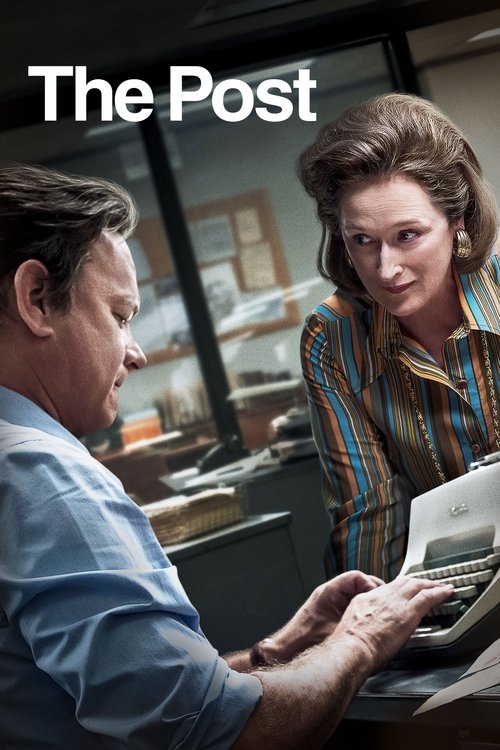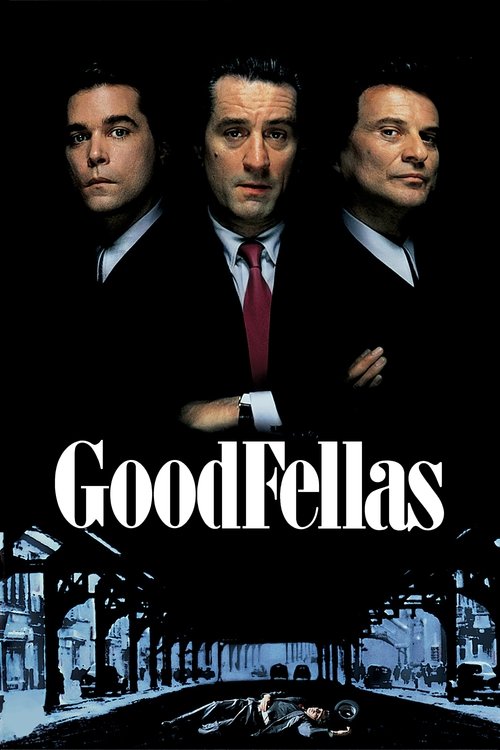
The Post - Family Review
A cover-up that spanned four U.S. Presidents pushed the country's first female newspaper publisher and a hard-driving editor to join an unprecedented battle between journalist and government. Inspired by true events.
2017 | 116 Minutes
IMDB: 7.2 ⭐️
Votes: 152,430
Content Warnings
-
Sexual ContentMildNone Mild Moderate Severe
-
ViolenceMildNone Mild Moderate Severe
-
ProfanityMildNone Mild Moderate Severe
-
Intense ScenesMildNone Mild Moderate Severe
The colored bar shows the middle 50% of opinions, dot shows the average





